Top Destinations
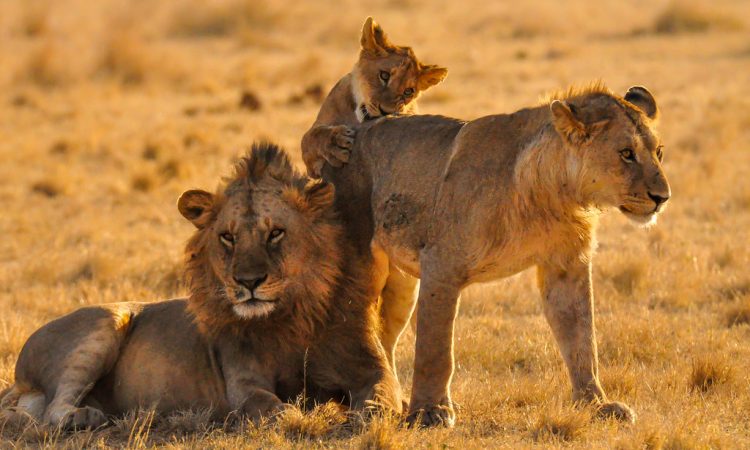
Serengeti National Park
This world-famous park is home where lions, cheetahs, elephants, giraffes, and more roam freely under endless skies from golden sunrise.
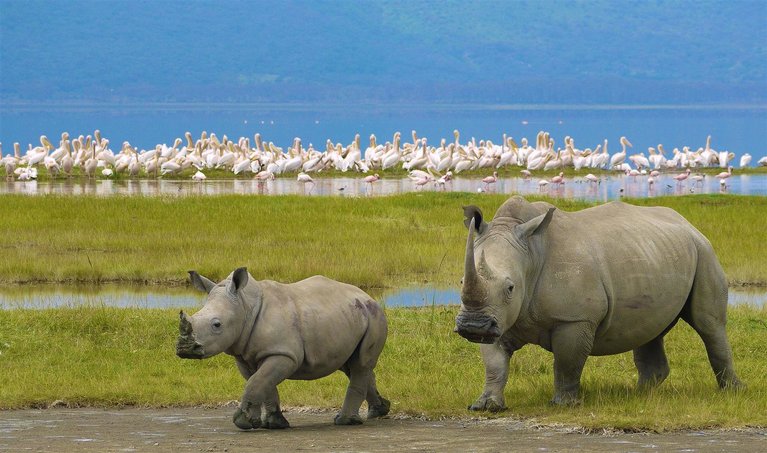
Ngorongoro Crater
Step into the natural wonder. Formed from an ancient volcano, this vast, green caldera is home to one of the highest concentrations of wildlife in Africa.
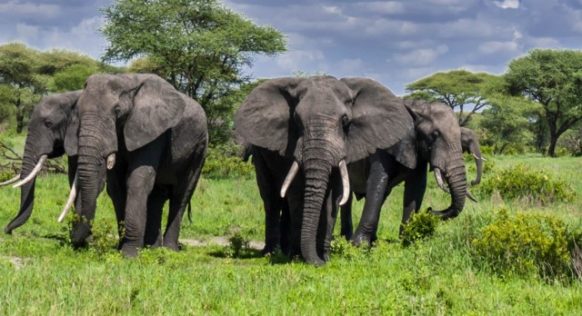
Tarangire National Park
Explore Tarangire National Park, known for its ancient baobab trees and large herds of elephants that roam freely across its vast plains.
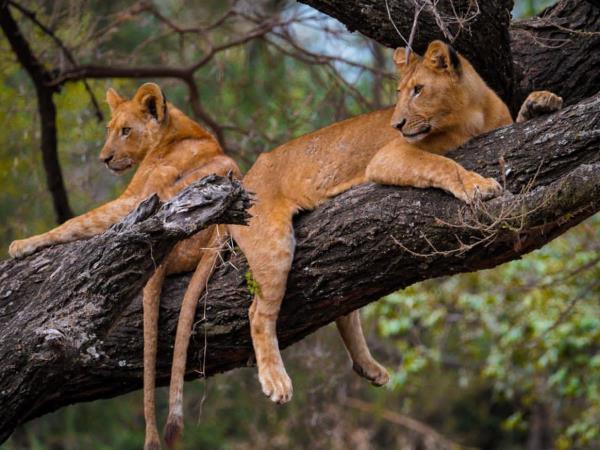
Lake Manyara
Witness tree-climbing lions and flamingo-filled shores.
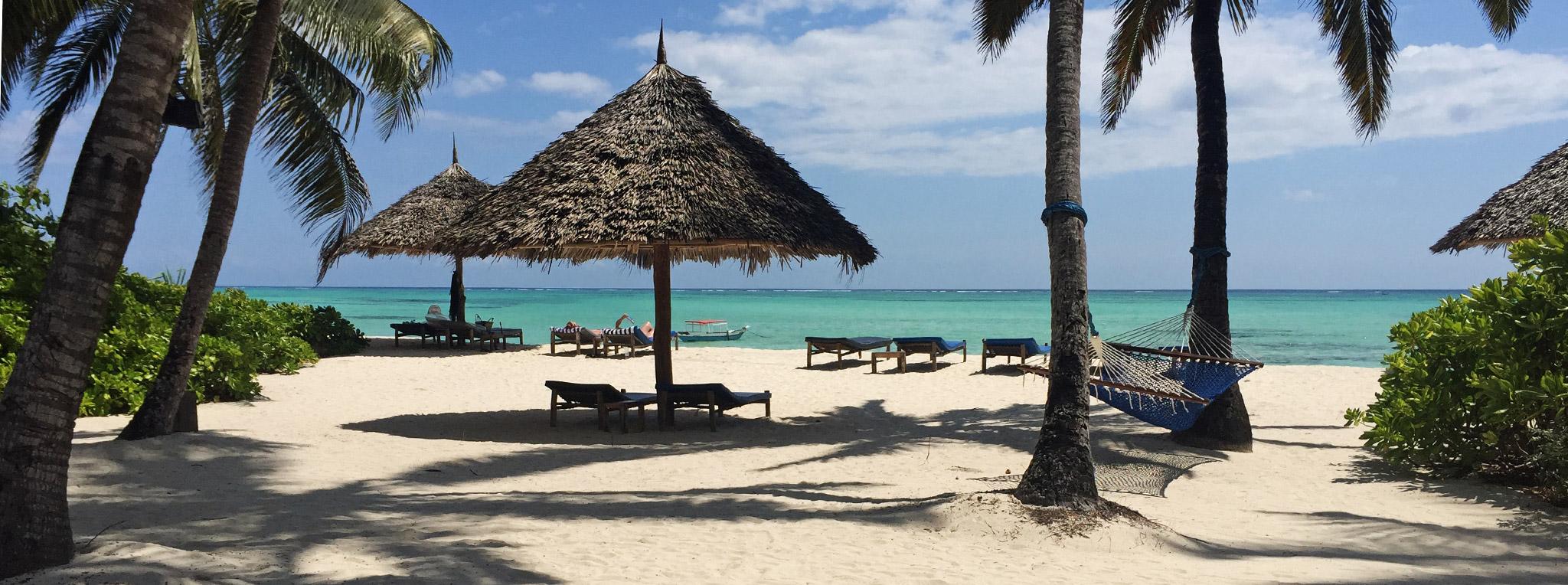
Zanzibar
Relax on crystal-clear beaches after your adventure.

Mount Kilimanjaro
Standing tall above the clouds, Mount Kilimanjaro is more than just Africa’s highest peak—it’s a once-in-a-lifetime adventure.